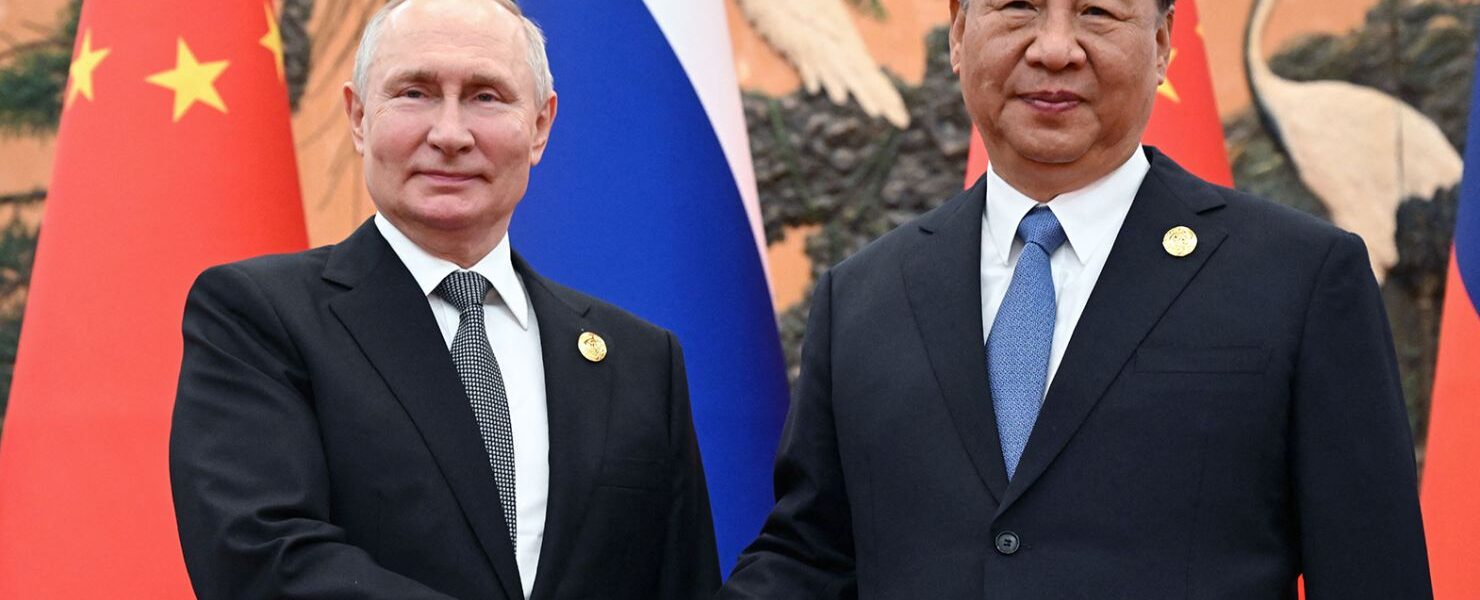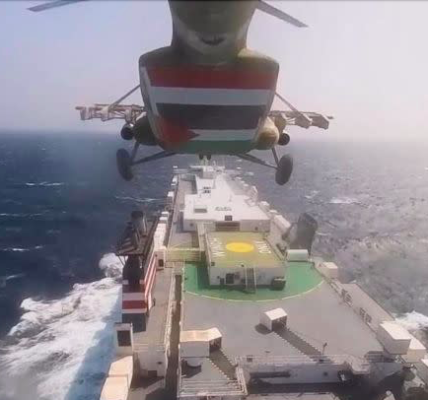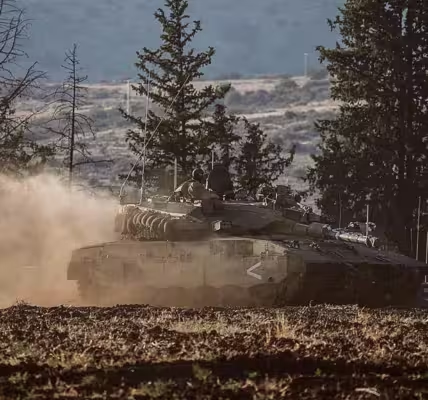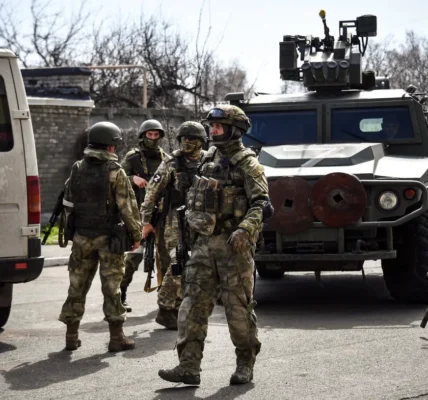The World Is Becoming Increasingly Fragile, US Spy Chiefs Say in Their Annual Threat Assessment
The United States faces an “increasingly fragile world order,” strained by great power competition, transnational challenges and regional conflicts, intelligence agencies have stated.
The disclosures emerged in the 2024 Annual Threat Assessment report issued by the US Intelligence Community on March 11th.
The document on worldwide threats to US national security cautioned that China, Iran and Russia are challenging the current international rules-based order.
Focusing on threats from China and Russia, the report notes the latter’s invasion of Ukraine. It also points at the risk of broader conflict related to Israel’s campaign against Hamas in Gaza since the October 7 attacks by the Iran-aligned movement that governs the enclave.
“An ambitious but anxious China, a confrontational Russia, some regional powers, such as Iran, and more capable non-state actors are challenging longstanding rules of the international system as well as U.S. primacy within it,” the agencies said in the report.
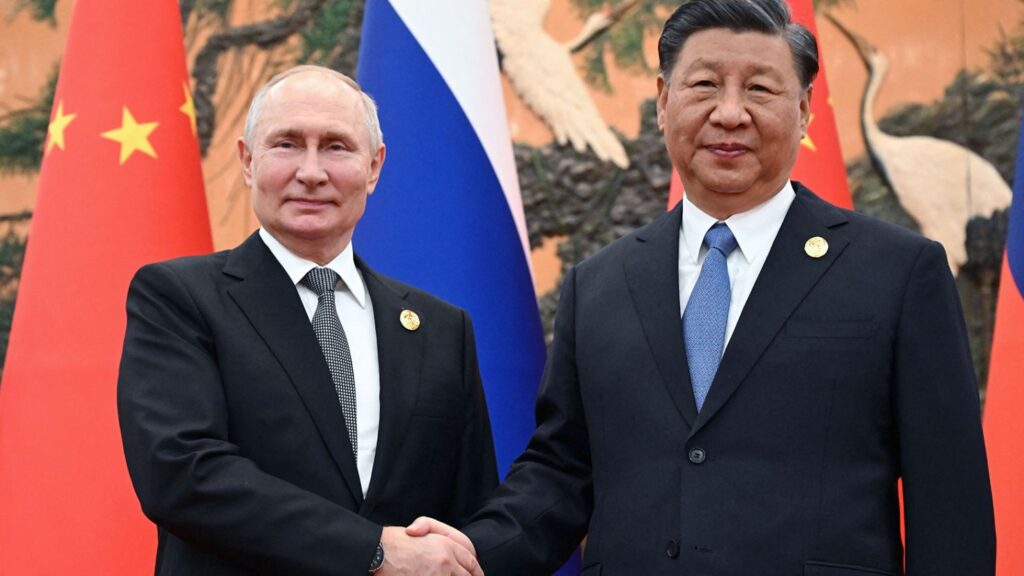
The report largely focused on threats from China and Russia, the greatest rivals to the United States, more than two years after Russia launched its invasion of Ukraine.
China is providing economic and security assistance to Russia as it wages war in Ukraine, by supporting Russia’s industrial base, the report said.
It also warned that China could use technology to try to influence this year’s U.S. elections.
The report said: “(China) may attempt to influence the U.S. elections in 2024 at some level because of its desire to sideline critics of China and magnify U.S. societal divisions.”
Avril Haines, the Director of National Intelligence, urged lawmakers to approve more military assistance for Ukraine in her testimony to the Senate Intelligence Committee following publication of the assessment.
It was “hard to imagine how Ukraine” could hold territory it has recaptured from Russia without more assistance from Washington, she said.
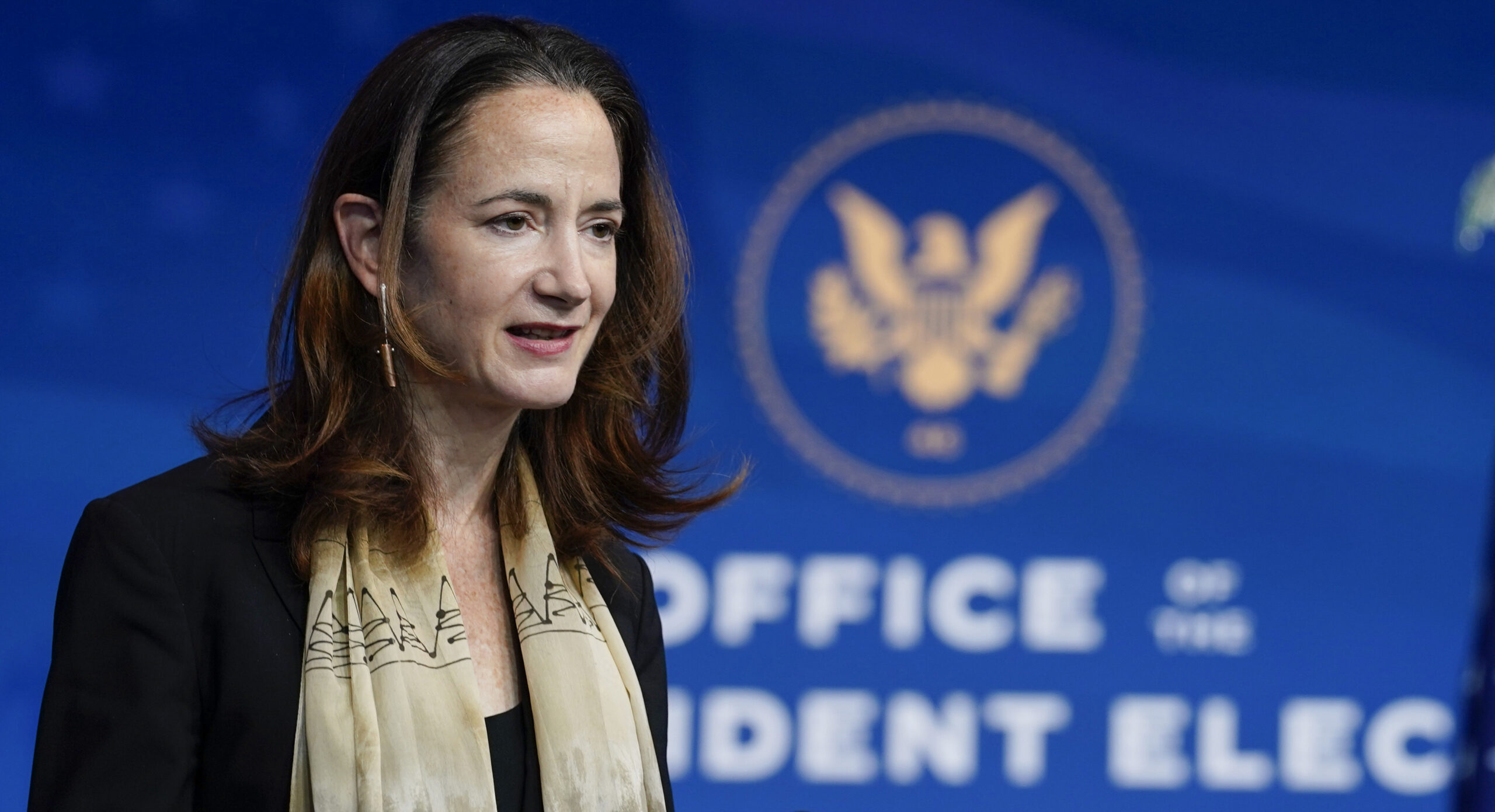
The threats report noted that trade between China and Russia has been increasing since the start of the Ukraine war, and that Chinese exports of goods with potential military use rose more than threefold since 2022.
Republican House of Representatives Speaker Mike Johnson, an ally of former President Donald Trump, has so far refused to call a vote on a bill that would provide $60 billion more for Ukraine. The measure has passed the Democratic-run Senate.
Central Intelligence Agency Director William Burns, like Haines, said continuing support for Ukraine would send a message to China about aggression toward Taiwan or in the South China Sea.
“It is our assessment that (Chinese leader) Xi Jinping was sobered, you know, by what happened. He didn’t expect that Ukraine would resist with the courage and tenacity the Ukrainians demonstrated,” Burns said.
Haines noted concerns that the conflict in Gaza between Israel and Hamas could spread global insecurity.
She said: “The crisis in Gaza is a stark example of how regional developments have the potential of broader and even global implications.”
She said attacks by Houthi militias on shipping and said the militant groups al Qaeda and ISIS “inspired by Hamas” have directed supporters to conduct attacks against Israeli and U.S. interests.
Meanwhile, a separate report produced by the Lithuanian intelligence agencies said that high oil prices, sanctions evasion and state investment are providing Russia with enough resources to fight on in Ukraine at the current intensity for at least two more years.
Russia reformed and strengthened its battle-torn army in Ukraine in 2023 and is on track to expand its military capabilities along its border with NATO, including next to Finland, which joined the alliance last year, the agencies said in their annual assessment of threats facing the Baltic country.
“Moscow is able to evaluate the lessons learned and improve its combat effectiveness”, the Lithuanian agencies added in the report.
The joint report is the work of two agencies: the counter-intelligence State Security Department and the military’s Defence Intelligence and Security Service under the Ministry of National Defence.
Lithuania, neighbour to both Russia and its ally Belarus, was once ruled from Moscow but is now a member of NATO and the European Union.
The agencies wrote that Russian intelligence is driving efforts to evade the sanctions imposed on the country’s defence industry after it invaded Ukraine.
While Russia is openly supplied with weapons and ammo by only Iran and North Korea, China has become its largest supplier of microchips and the yuan has become the main currency for Russia’s international transactions, Lithuania’s agencies said.
The agencies added that since Russia deployed military warheads in Belarus in 2023, it has been steadily building infrastructure for their use there.
The report said Russian and Belarusian intelligence agencies have increased their efforts to recruit Lithuanians crossing the border and Lithuania detained several of its own citizens in 2023 whom it accused of providing data for Belarus intelligence for cash.
Turning to China, the agencies said the country increased its spying efforts in Lithuania in 2023, following Lithuania’s decision to allow Taiwan to open a de facto embassy on its soil in 2021.
The report said that cyber actors “affiliated with China” have been found regularly probing Lithuanian government institutions for vulnerabilities “with the aim of penetrating their networks and exfiltrating data”.
Worryingly, the report said that Russia had the capability to continue its current tempo of the war in Ukraine, where last month it seized the city of Avdiivka, albeit with 47,000 casualties including an estimated 17,000 killed.
The Baltic Sea region was the key focus for the Kremlin’s potential attack on the alliance, where it has increased its air and naval resources, according to the report.
This included missile cruisers equipped with the Kalibr cruise missiles near St Petersburg and its force of Tupolev Tu-22 “Backfire” heavy bombers, conducting five sorties over the Baltic Sea last year after in 2022.
“Russia is preparing for a long-term confrontation with Nato, including in the Baltic Sea region, and is gradually expanding its military capability westward,” the report said.
There is also a strong likelihood that President Vladimir Putin will use his near-guaranteed victory in next week’s Russian presidential election, starting on Friday, as a platform to make unpopular decisions.
This could well include the imposition of greater mobilisation for Russian men to bolster the army’s ranks, which “could allow the Kremlin to address some potential constraints on its long-term war effort”, the Institute for the Study of War said.
The Washington think tank also reported that Russian military thinkers were now “openly discussing how Russia can go to war against NATO in the near future”.
It quoted an article in the Russian Ministry of Defence journal, Military Thought, that suggested the war in Ukraine “could escalate into a large-scale war in Europe”. The Russian colonel author argued that peace in Ukraine would “not lead to the end of confrontation between the West and Russia”.

